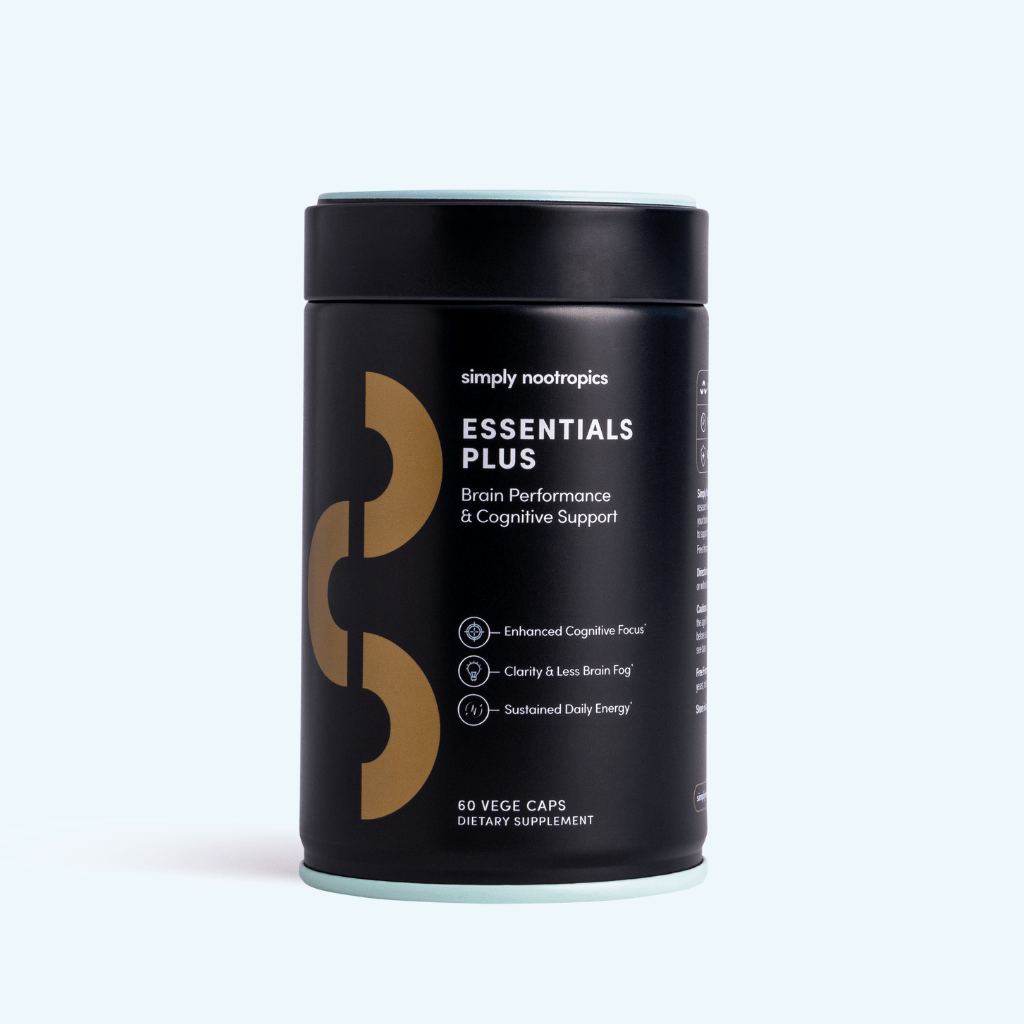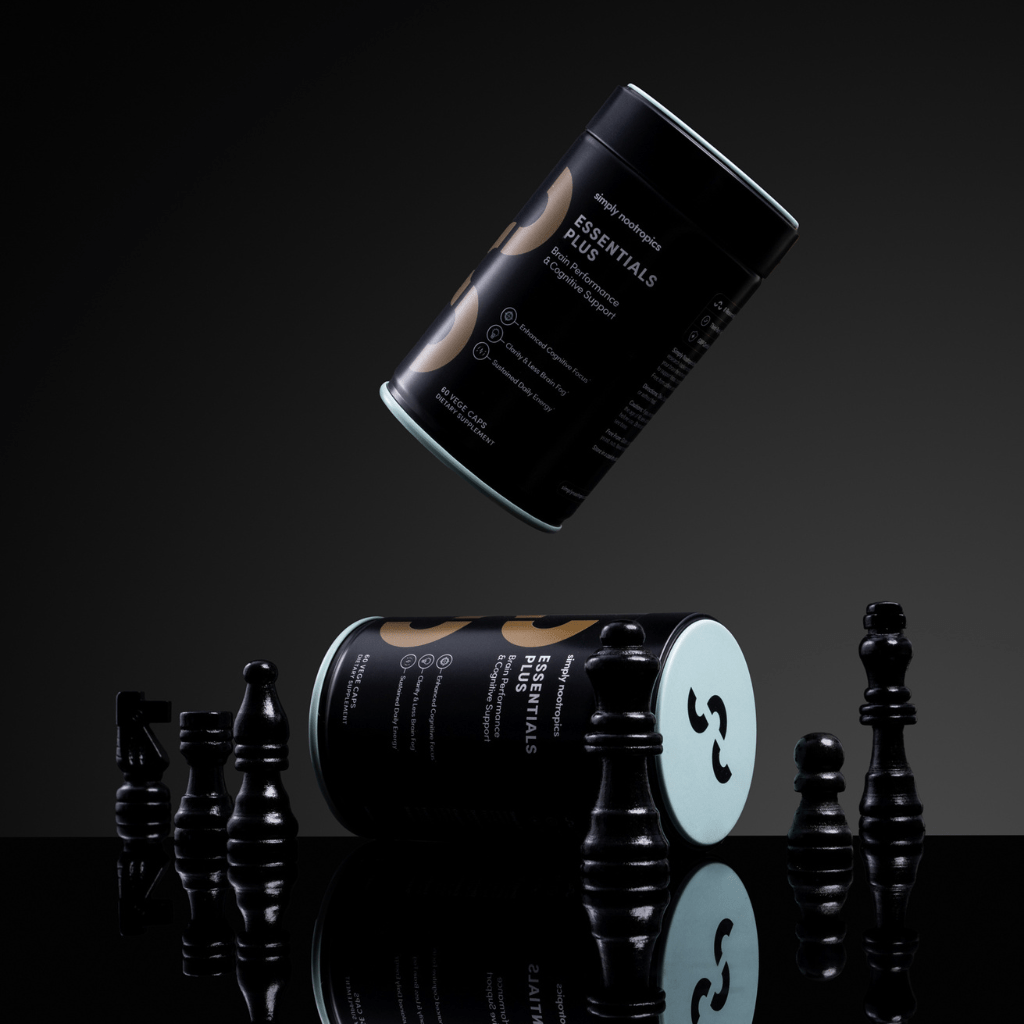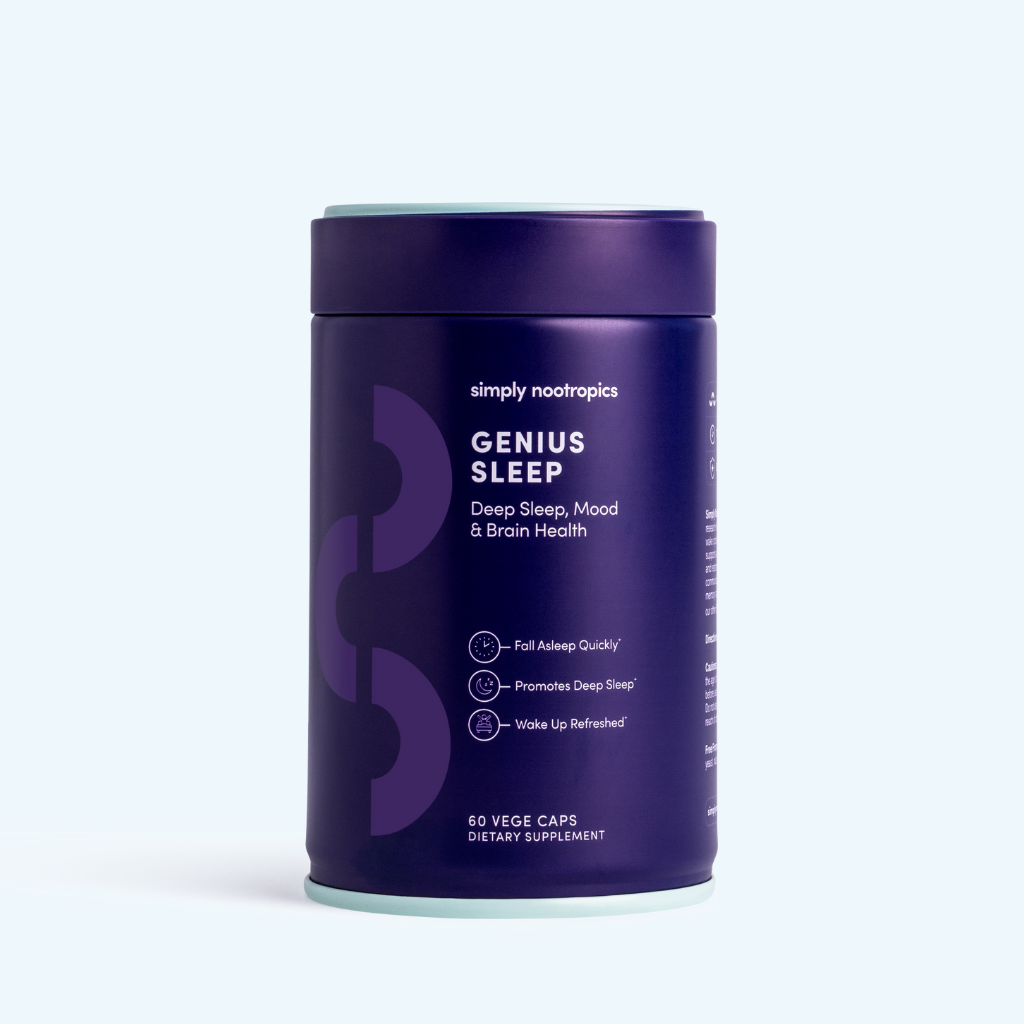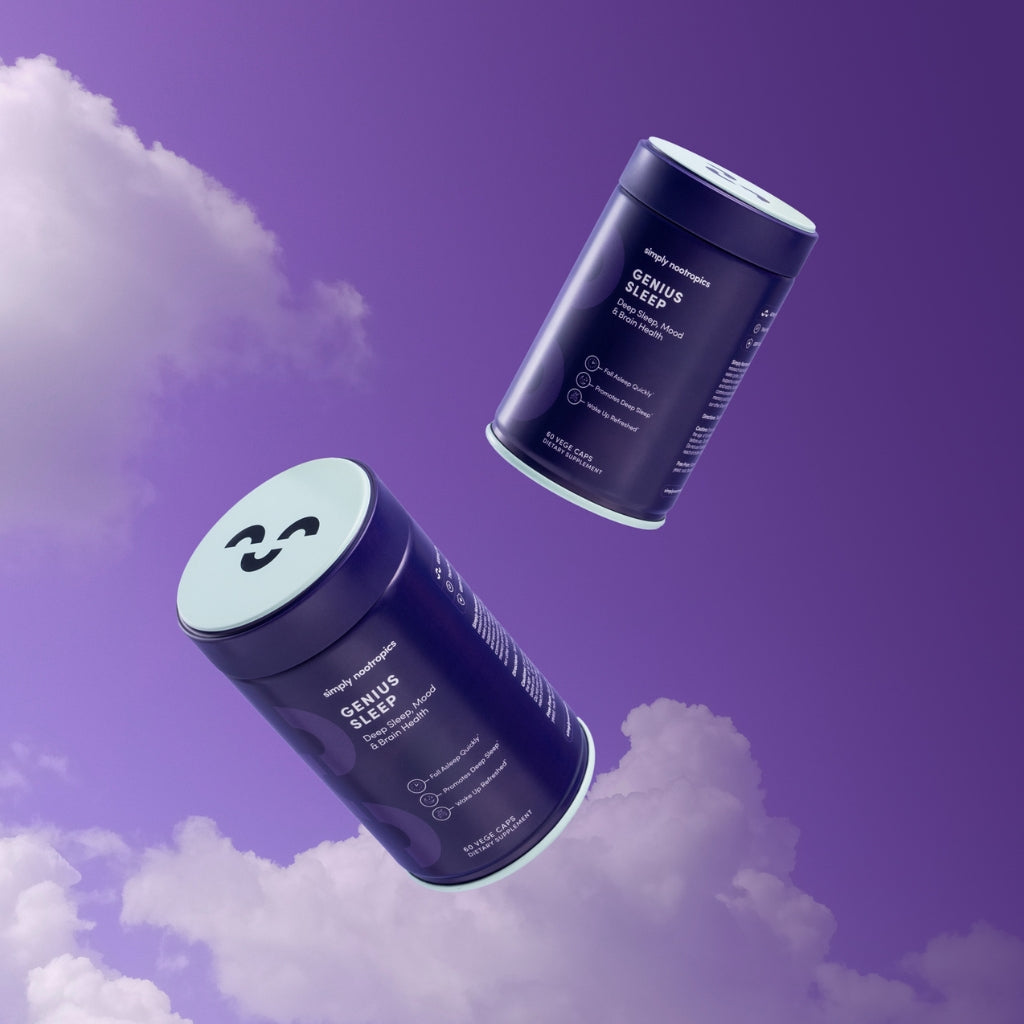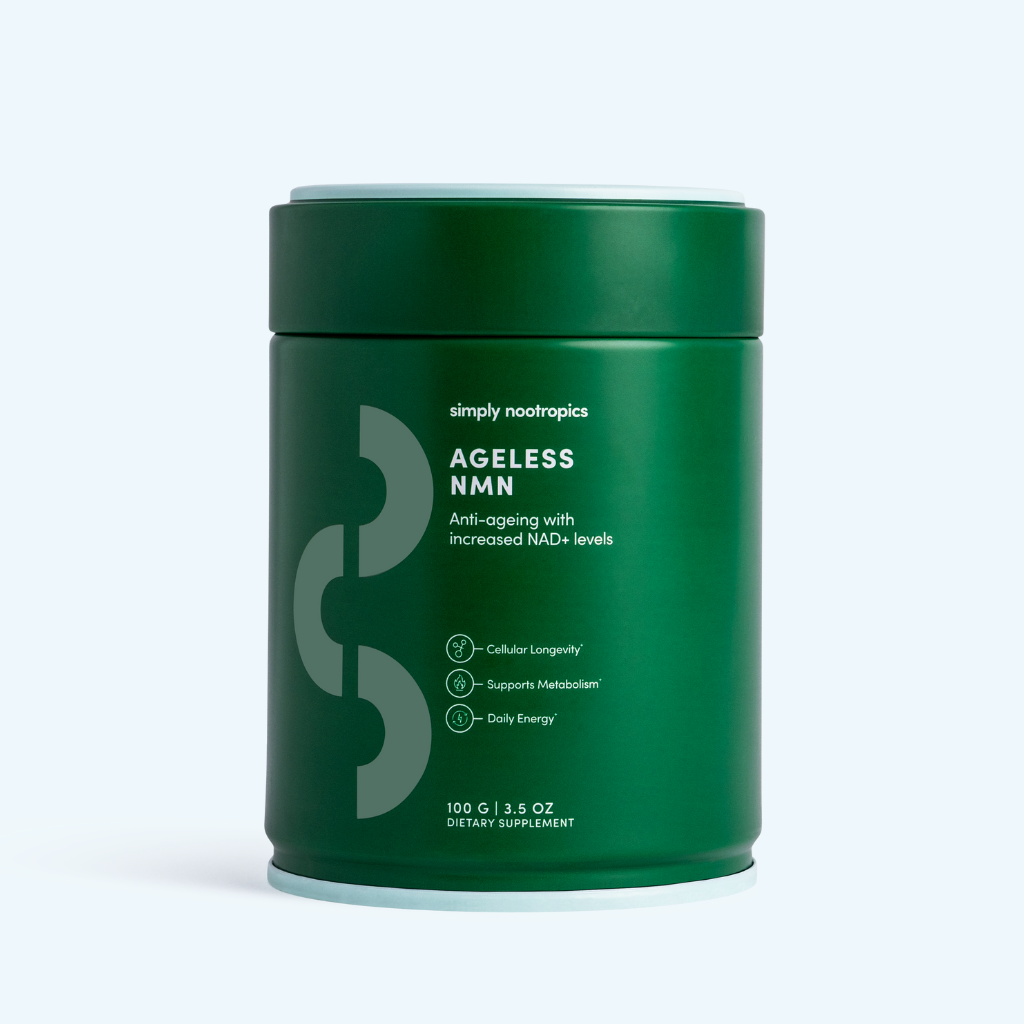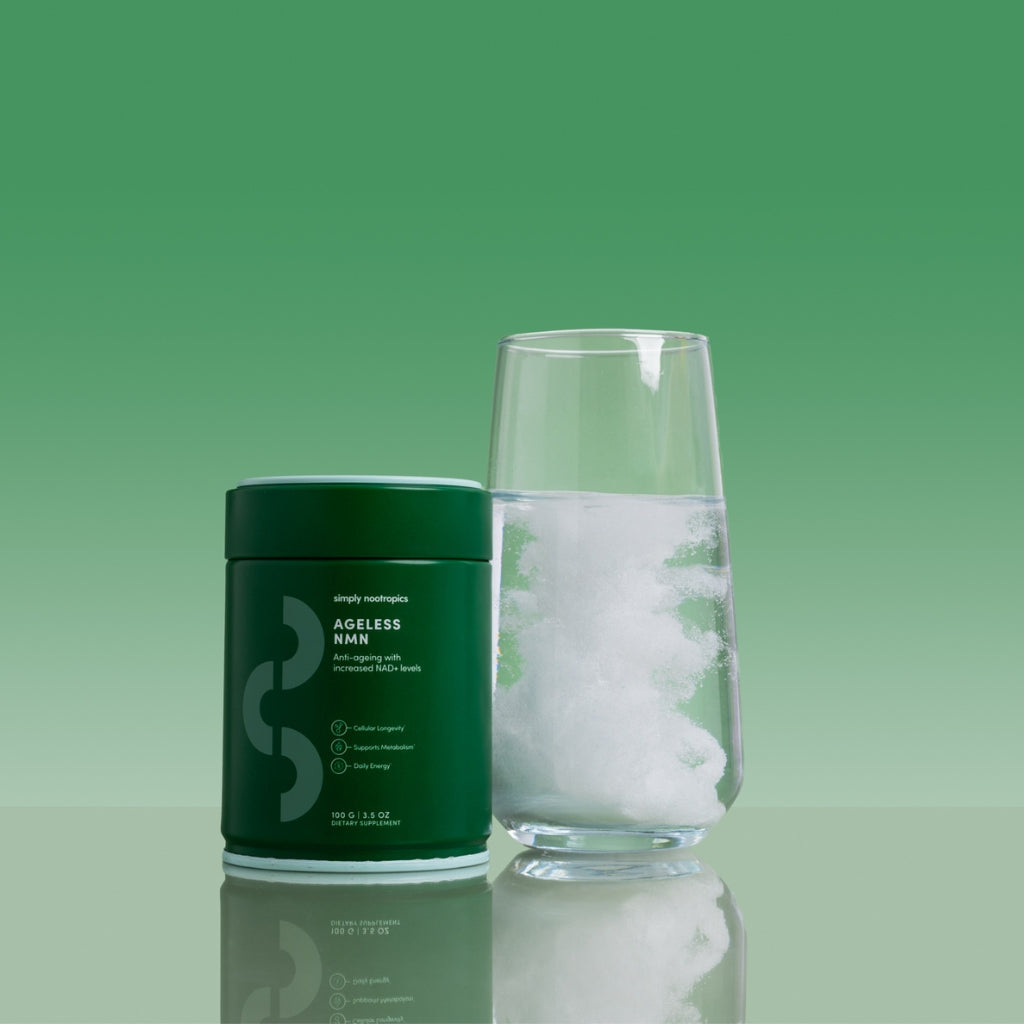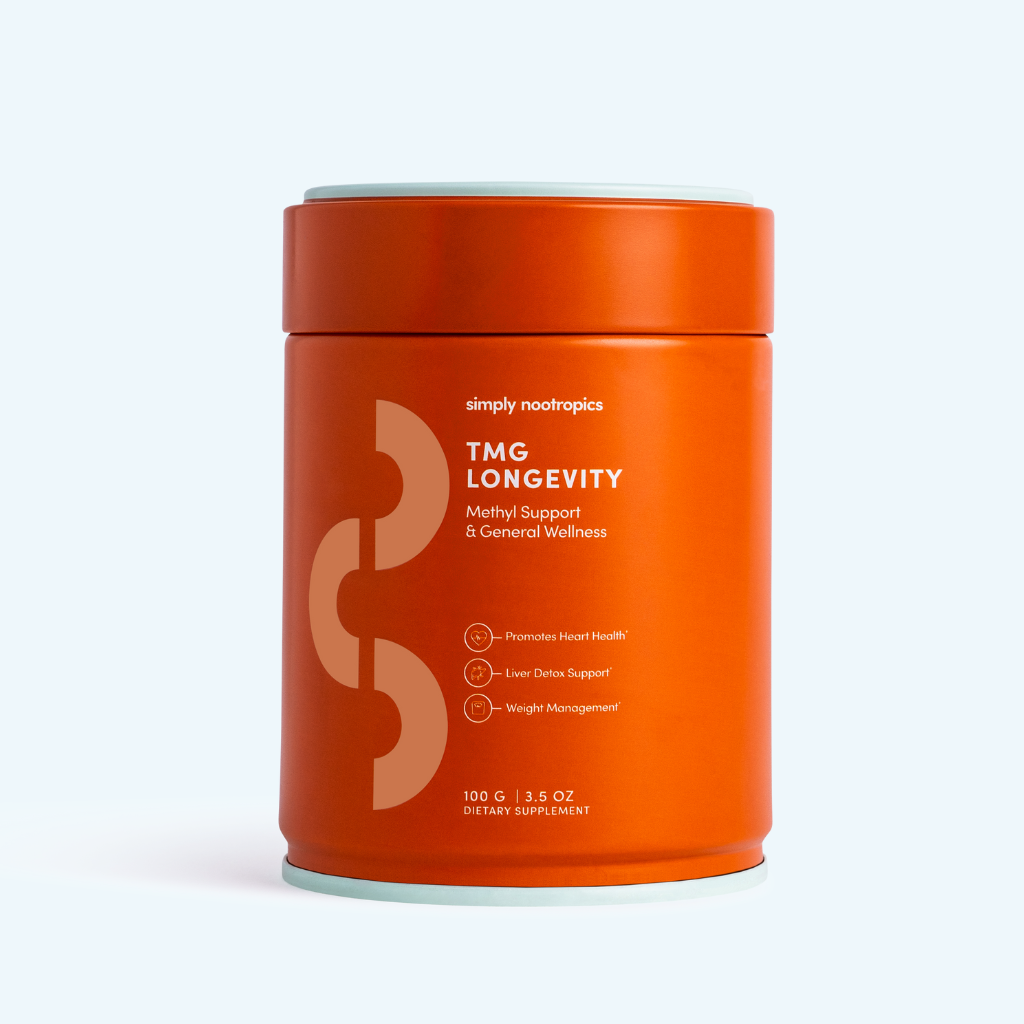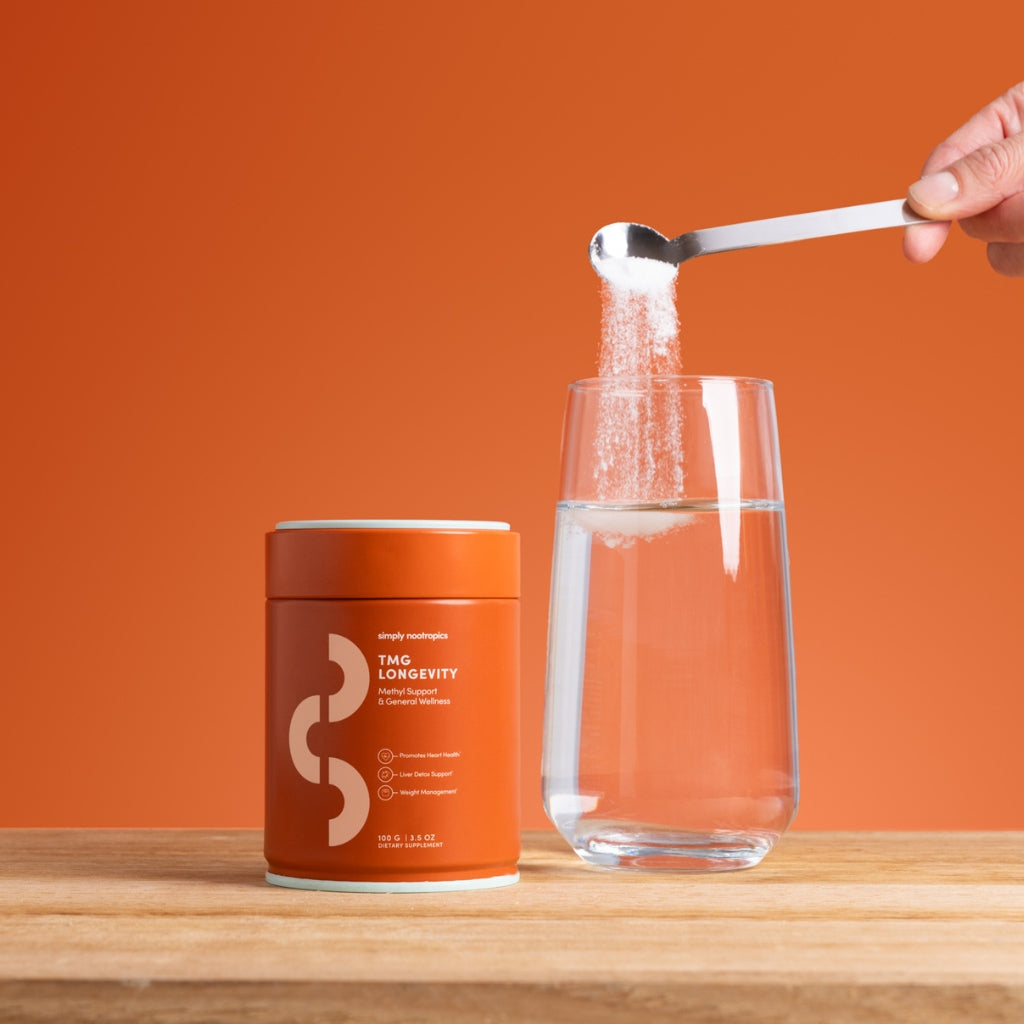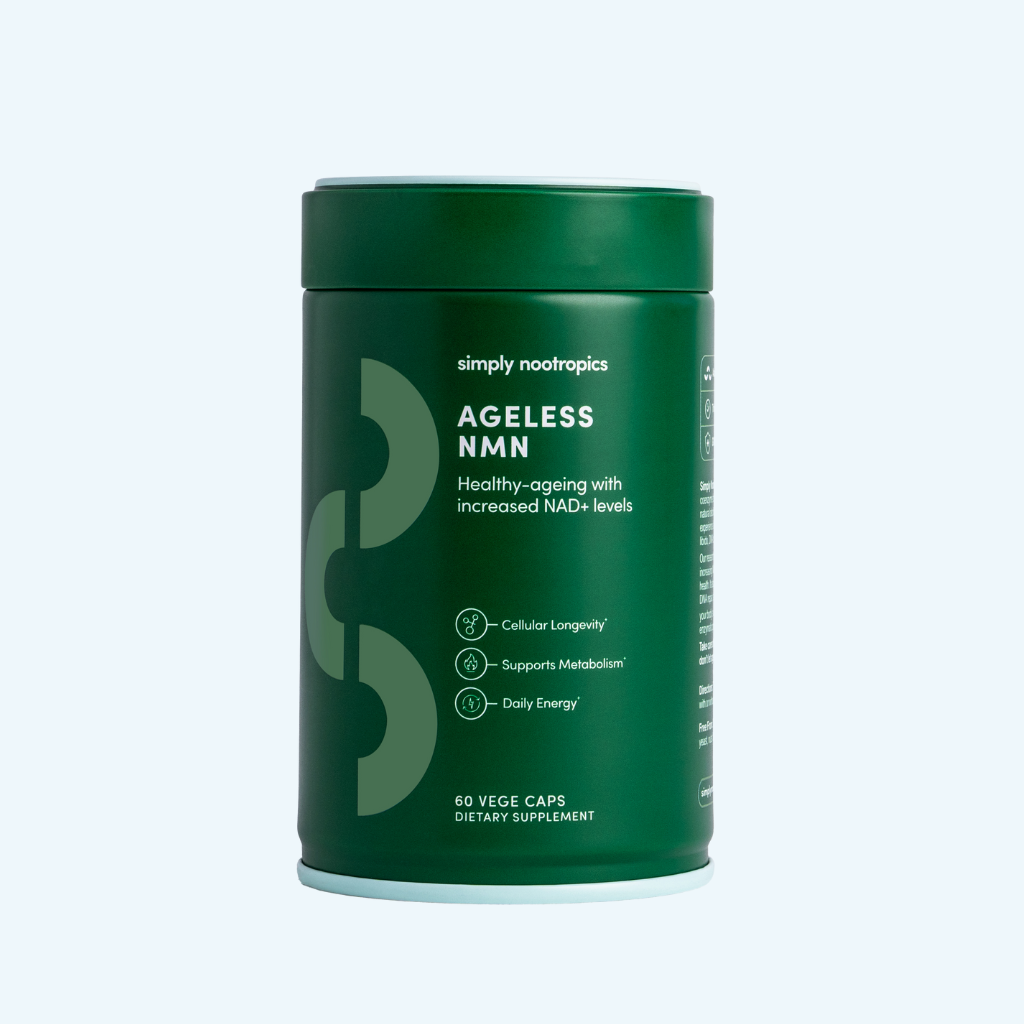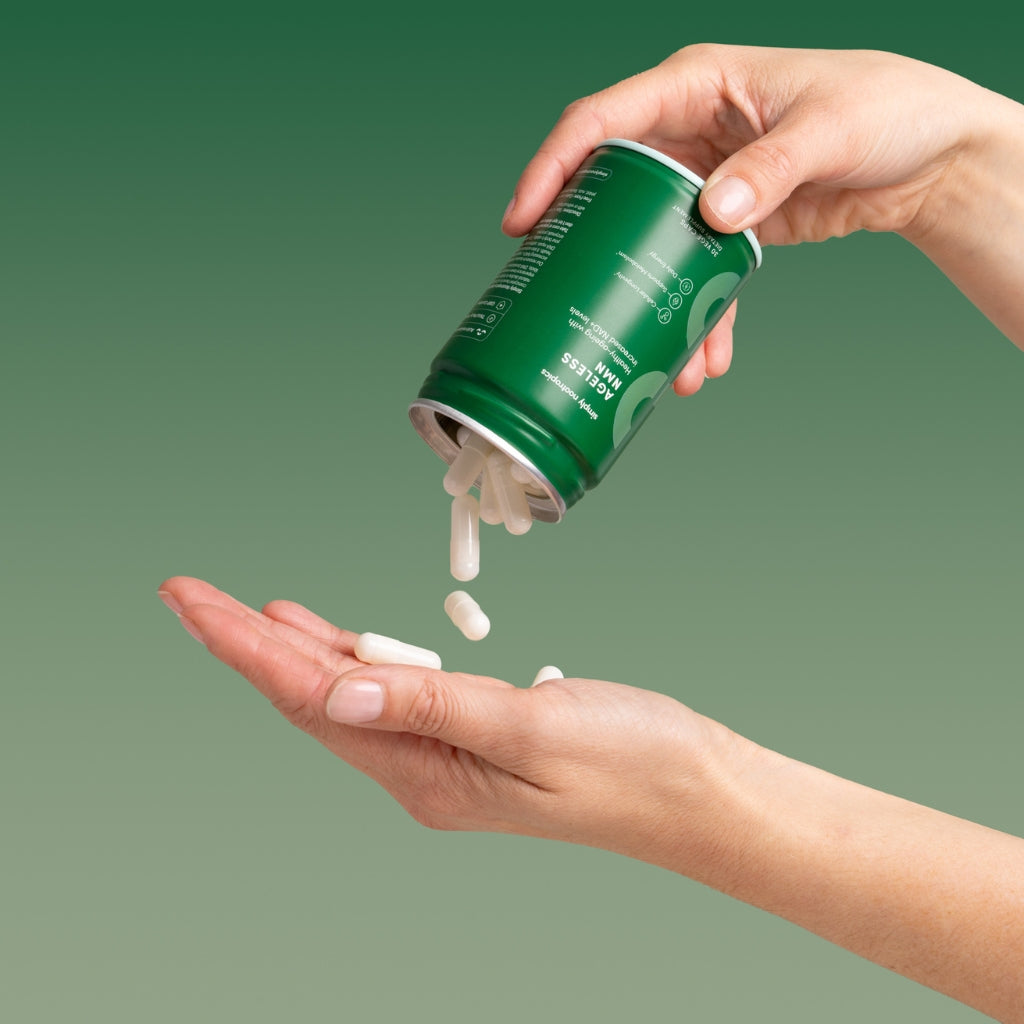Longevity isn’t a magic trick, it’s biology in motion. Every week, researchers uncover more about how our bodies age, how systems break down, and what we can actually do to slow the process. In this edition: a powerful anti-inflammatory juice, a lab-grown pain pathway, surprising insight into walking speed and heart health, and how your brain handles distraction as you age.
-
Montmorency Tart Cherry Juice May Reduce Gut Inflammation by 40%
Gut health isn’t just about digestion, it’s about everything from mood and immunity to chronic inflammation. A new UK study found that drinking Montmorency tart cherry juice twice a day for six weeks reduced gut inflammation by 40% in healthy adults.
Researchers measured faecal calprotectin, a reliable marker of gut inflammation, and found a dramatic drop in the group drinking tart cherry juice compared to placebo. This is significant because low-grade inflammation in the gut is increasingly linked not just to gut conditions like IBS, but also to systemic ageing processes, everything from fatigue to metabolic dysfunction.
The mechanism? Montmorency tart cherries are packed with polyphenols and anthocyanins, plant compounds known for their antioxidant and anti-inflammatory properties. These compounds interact with gut microbes, support the integrity of the gut lining, and modulate immune signalling pathways. That means this isn’t just symptom relief, it could be influencing the underlying biology of inflammation.
And while this was a short study, it adds weight to a growing body of evidence that small, natural interventions, when used consistently, can make a measurable difference in inflammatory load and long-term health.
-
Scientists Recreate the Human Pain Pathway in a Lab Dish
At Stanford, researchers have managed something extraordinary: they’ve recreated a functional, human-derived pain pathway entirely in vitro, using stem cells. The system includes sensory neurons, similar to those found in the skin, and relay cells that simulate the spinal cord. When stimulated, they behaved like the real thing: they transmitted signals, fired synapses, and processed “pain.”
It’s a stunning development for anyone studying chronic pain, which remains one of the least understood and most under-treated conditions in older populations. Chronic pain doesn’t always follow injury; it can be tied to inflammation, nervous system dysfunction, or hormonal changes with age. But studying it in live humans is complex, and animal models often don’t translate.
This lab-grown model opens the door to understanding what actually changes in the human nervous system with age, and could revolutionise how new treatments are developed, especially non-opioid options. Imagine testing nutrients, stress hormones, or even sleep deprivation directly on a lab-grown model of your own pain system.
We’re still far from seeing this applied in clinics. But for longevity science, this is a breakthrough: it offers a window into how ageing alters pain perception, and how we might prevent chronic pain from becoming a lifelong burden.
-
Brisk Walkers Have Healthier Heart Rhythms
Walking more is good, but walking faster might matter even more. That’s the takeaway from a new study of over 83,000 adults, which found that people who walked at a brisk pace—more than 4.8 km/h—had significantly lower risk of atrial fibrillation (AFib), the most common heart rhythm abnormality in older adults.
AFib increases stroke risk and can lead to progressive heart damage if left untreated. What’s especially interesting about this study is that it controlled for total walking time and still found pace was the key factor. That suggests that brisk walkers may have better autonomic control, stronger cardiovascular efficiency, and better synchronisation between muscle demand and heart output.
So, what’s really going on here? A faster walking pace likely reflects a combination of better vascular elasticity, aerobic capacity, and neuromuscular coordination, all traits that tend to decline with age. And while pace itself may not prevent AFib, it seems to reflect a system that's ageing more slowly.
The real-world implication: next time you go for a walk, don’t stress the distance, just pick up the pace.
-
Distracted Easily? Your Brain May Be Wired That Way
We all know that one person who notices every little flash or sound and struggles to stay focused. A new study used fMRI brain scans to explore why, and found that some people are indeed wired to filter distractions less efficiently. They showed weaker connections between the prefrontal cortex (attention control) and visual processing areas, meaning their brains didn’t suppress irrelevant stimuli as effectively.
Why does this matter for ageing? Because as we get older, this filtering function tends to decline, which contributes to brain fatigue, reduced cognitive bandwidth, and frustration with multitasking. This study helps explain why some older adults feel mentally overwhelmed by busy environments, even if they’re not experiencing memory loss.
But here’s the hopeful bit: these are functional patterns, not structural deficits. Brain connectivity can be retrained. Cognitive training, mindfulness, neurofeedback, and even physical exercise have all been shown to improve filtering and focus. And, crucially, good sleep and stress regulation play a direct role in maintaining attention networks.
So if you’ve been blaming your screen time or your schedule, yes, those matter. But your brain’s natural wiring (and how you support it) plays a big part in how distracted or clear-headed you feel day to day.
This Week’s Longevity Tip: Try Tart Cherry for Sleep
We opened with tart cherry and gut inflammation, but the same fruit has another longevity-boosting effect: sleep quality. Tart cherries naturally contain melatonin, the hormone that regulates circadian rhythms. They also contain flavonoids that help reduce oxidative stress and may support the sleep-wake cycle indirectly through gut-brain axis signalling.
That’s why Genius Sleep includes tart cherry extract alongside magnesium, L-theanine, and calming adaptogens. This formula is designed to help your nervous system wind down and ease you into deep, non-sedative sleep, without leaving you groggy.



